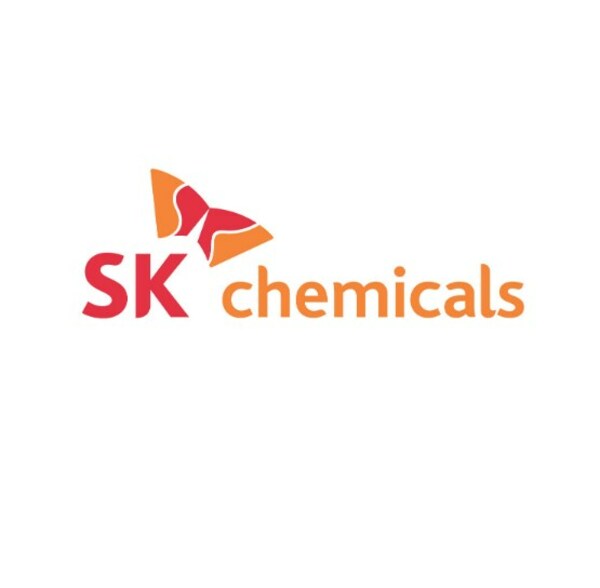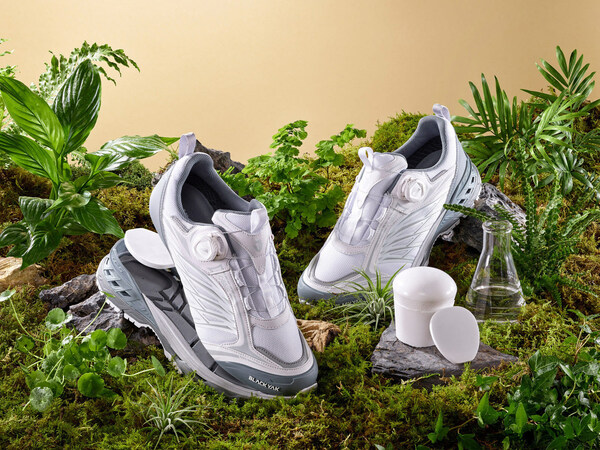 |
- Revolutionizes cushioning with high-elasticity biomass-based materials
- Unified domestic industries go beyond performance to promote sustainability in the outdoor industry
SEONGNAM, South Korea, April 19, 2024 /PRNewswire/ — SK chemicals (CEO Ahn Jae-hyun), Dongsung Chemical (Co-CEOs Baek Jin-woo and Lee Man-woo), and BYN Black Yak (Chairman Kang Tae-sun, hereinafter Black Yak) announced on the 18th that they’ve developed sustainable footwear materials using the naturally-derived material “ECOTRION” and applied them to Black Yak’s “Trekking Shoes 343 MAX.”
Consumers are attracted to the trekking shoes, launched as a new product this spring, because they satisfy both the high functionality required for outdoor activities and the value consumption trend for eco-friendly materials that reduce greenhouse gases.
The three companies introduced this product after a year of collaboration. SK chemicals is the supplier of 100% bio-based polyol “ECOTRION,” while Dongsung Chemical develops the bio-polyurethane resin “NEOPAN®” for footwear using this as a raw material. Utilizing this material, Black Yak produced the “Foot Pillow Cushioning Foam,” which is applied to the heel support layer of the midsole to minimize loading on the ankle and knee joints.
The midsole of trekking shoes is a key component that determines the footwear’s weight and acts like a car’s suspension to provide the level of function. Cushioning is important because the midsole must absorb the impact on the body and ensure safe strides, even on rough terrain.
Dongsung Chemical’s bio-polyurethane resin “NEOPAN” for footwear maintains the high elasticity and flexibility of existing polyurethane resins while using bio-based raw materials, providing the shock absorption function of the “Foot Pillow Cushioning Foam.”
ECOTRION, utilized in NEOPAN, is an eco-friendly material that uses raw materials that reduce greenhouse gas emissions by approximately 40% in comparison to conventional petrochemical raw materials. It is utilized in the production of spandex, artificial leather, and urethane elastic materials that are challenging to recycle. ECOTRION has one less carbon atom in its chemical structure compared to petrochemical materials, which gives it a helical-shaped polymer structure that enables the production of products with high elastic resilience, similar to a spring.
Kim Eung-soo, Head of SK chemicals’ Green Materials Business Division, stated, “Bio-materials, along with recycled plastics, are one of the promising alternatives to replace petrochemical materials. We plan to actively highlight the sustainability and functionality of PO3G, focusing on big brands that are leading the sustainable trend with bio-materials.”

